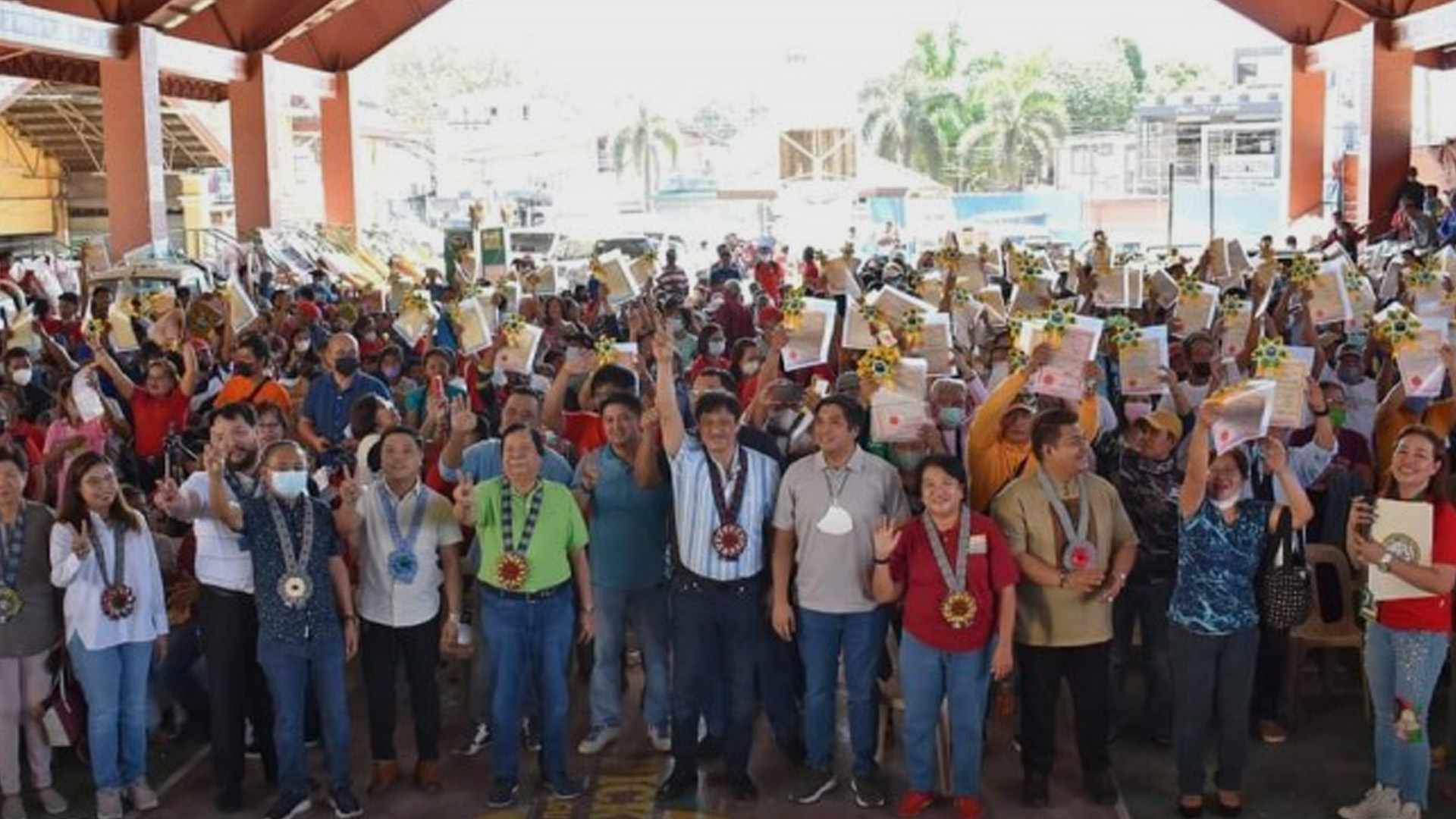The Department of Agrarian Reform (DAR) is confident that the distribution of over 161,815.67 hectares of agrarian reform land to farmers would take only three years or before President Ferdinand R. Marcos Jr. ends his term.
DAR’s clarification Monday at the Senate budget hearing was in response to reports that the distribution may take 47 years.
“So, malayo po doon sa ibang na-uulat na it would take another 47 years? Tantsa po ng DAR, three years (So, it is far from reports that it would take another 47 years? DAR estimates to finish it after three years)?” Senate Deputy Minority Leader Risa Hontiveros asked during the deliberation of DAR’s proposed 2025 budget of PHP10.090 billion.
“Over his dead body daw (He said, over his dead body),” Senator Cynthia Villar, who defended the DAR budget, answered, referring to the response of DAR Secretary Condrado Estrella III who was seated beside her.
“Well, apat na taon pa naman ang administrasyon. So, before pa dapat sa tantsa ng DAR bago sa pagsara ng administrasyon na-distribute na ang lahat (Well, the administration still has four years. So, before the end of the administration, all of them should be distributed already),” Hontiveros said.
This year alone, DAR distributed over 61,623 hectares to agrarian reform beneficiaries (ARBs).
Estrella said earlier that as of Sept. 30, they have given away 146,017 land titles, or a total of 175,105 hectares, to 146,780 ARBs nationwide.
After a few more clarifications, DAR’s proposed budget was adopted.
“With this, I am hopeful that the budget of DAR will be approved to continue its agrarian reform efforts in improving the lives of our farmer beneficiaries, the major keyplayers who till and produce the food we eat,” VIllar said. (PNA)







